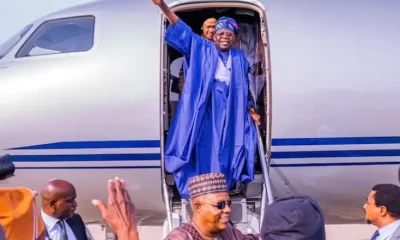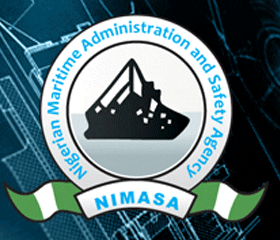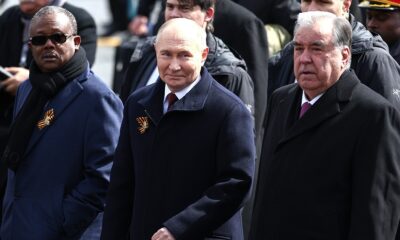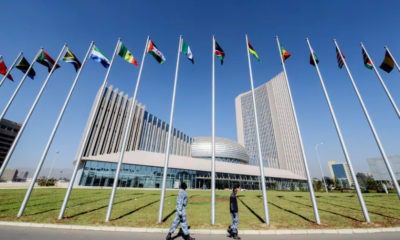Global Issues
SADC regional force deployment to Mozambique an act of African solidarity -By Kester Kenn Klomegah
The first large-scale insurgency broke out in Mozambique’s northeast in 2017. Since then, the rebels have stepped up attacks. The latest March 24 heinous attack left more than 2,800 deaths, according to several reports, and about 714,000 people displaced, according to government sources.
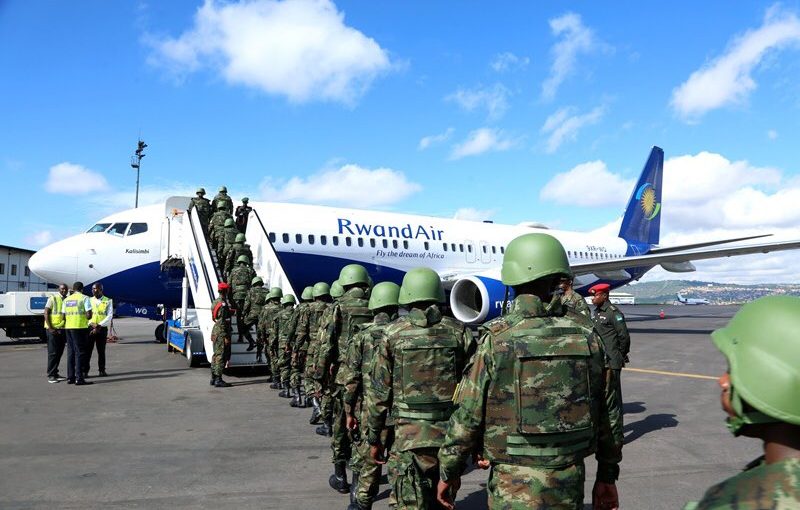
Southern African Development Community (SADC) with support from the Addis Ababa based African Union Commission (AUC) have together set July 15 the beginning of the deployment of the joint regional military troops in Mozambique.
According to the statement released by SADC, the mission has as its objective, to support the Republic of Mozambique in the fight against acts of terrorism and extremist violence, in addition to supporting the country in restoring the rule of law in the affected areas of Cabo Delgado province.
Rwanda, at the official request from the Government of Mozambique, is contributing a 1,000-person force contingent from its National Defence Force (RDF) and Rwanda National Police (RNP).
Rwanda and Mozambique are neighbors with a common border and members of the regional bloc. Rwandan troops to Mozambique primarily aim to help the country combat the escalating insurgency. According to the Rwandan government, the troops will join forces with Mozambique and others from the SADC region.
The deployment is based on the good bilateral relations between Rwanda and Mozambique, following the signing of several agreements between the two countries in 2018. The deployment is also grounded in Rwanda’s commitment to the Responsibility to Protect (R2P) doctrine and the 2015 Kigali Principles on the Protection of Civilians, according to the statement by the Government of Rwanda.
The Rwandan military and police are going to work closely with Mozambique Armed Defence Forces (FADM) and with the regional force from the Southern African Development Community (SADC) in designated sectors of responsibility, support efforts to restore security by conducting combat and security operations, as well as stabilization and security-sector reform (SSR). The forces will only return home once its mission is accomplished.
Moussa Faki Mahamat, the Chairperson of the African Union Commission (AUC), highly commended and described it “as a strong and concrete act of African solidarity” on the part of the Rwandan Government.
The forces are to be based in Cabo Delgado Province, Mozambique. That region has suffered from what is, always referred to as acts of terrorism. Beginning in October 2017, armed extremists linked to the Islamic State of Iraq and the Levant (ISIL) launched an insurgency in the Cabo Delgado region of Mozambique. On March 24, the militants again seized Palma in northern Mozambique.
The European Union has also adopted a decision setting up an EU military training mission in Mozambique (EUTM Mozambique). The aim of the mission is to train and support the Mozambican armed forces in protecting the civilian population and restoring safety and security in the Cabo Delgado province.
According to the media release of the European Council, the EU’s Integrated Approach to the crisis in Cabo Delgado, in conjunction with support for peacebuilding, conflict prevention and dialogue support, humanitarian assistance and development cooperation, and the promotion of the Women, Peace and Security Agenda.
In his letter of 3 June 2021, the President of Mozambique, Filipe Nyusi, welcomed the deployment of an EU military training non-executive Common Security and Defence Policy (CSDP) mission in the country. The mandate of the mission will initially last two years.
SADC (Southern African Development Community) has authorized Mozambique to seek support from other friends, said Nyusi, according to Radio Mozambique, monitored by Modern Diplomacy. “We took a long time to think, to organize and to plan. The foreign contingents will be under Mozambican command.”

Kester Kenn Klomegah
Defending Mozambique is the exclusive responsibility of Mozambicans, he insisted. Friends can help, but sooner or later, they would return to their own countries, and it would be up to Mozambicans to guarantee security.
Nyusi, himself a former defence minister, had for long shied away from asking for foreign military intervention to fight the armed militants, instead relying on private military companies. He believes that the violence is linked to the mineral wealth discovered in Cabo Delgado, particularly in Palma district, where there are enormous offshore deposits of natural gas. Those behind the terrorism are arranging the war in order to control the wealth.
The first large-scale insurgency broke out in Mozambique’s northeast in 2017. Since then, the rebels have stepped up attacks. The latest March 24 heinous attack left more than 2,800 deaths, according to several reports, and about 714,000 people displaced, according to government sources.
With an approximate population of 30 million, Mozambique is endowed with rich and extensive natural resources but remains one of the poorest and most underdeveloped countries in the world. It is one of the 16 countries, with a collective responsibility to promote socio-economic and political and security cooperation, within the Southern African Development Community (SADC) created in 1980.

